30 - 31 August 2018. Gent-Zwijnaarde, Belgium. IPBO conference 2018: “Scientific innovation for a sustainable development of African agriculture”
 In Africa, more than 60% of the people living in rural areas depend on agriculture and food accounts up to two thirds of the households budgets. However, the agricultural productivity often remains far below international standards. Compared to the yields obtained in the US, Europe or Asia, the yield per hectare for many important crops such as maize, bananas, cassava, sweet potato and sorghum is much lower in most African countries.
In Africa, more than 60% of the people living in rural areas depend on agriculture and food accounts up to two thirds of the households budgets. However, the agricultural productivity often remains far below international standards. Compared to the yields obtained in the US, Europe or Asia, the yield per hectare for many important crops such as maize, bananas, cassava, sweet potato and sorghum is much lower in most African countries.The low productivity is related to different factors such as pests, pathogens, diseases, drought, lack of irrigation, low soil fertility, the high cost of inputs, low levels of mechanization and sub-optimal post-harvest management.
Many research initiatives all over the world are working on solutions to increase yield productivity in Africa. This research is currently performed on different crops and in different fields of expertise. Because of a high specialization of research domains, projects and scientists would benefit form increased inter-connection and increased impact of the research and obtained results and to encourage future collaborations.
 The aim of the conference was to unite several stakeholders (breeders, policymakers and researchers) from Ghent/Belgium/Europe with African
The aim of the conference was to unite several stakeholders (breeders, policymakers and researchers) from Ghent/Belgium/Europe with Africanpartners to discuss about their research and obtained results and to encourage future collaborations.
- Patrick Van Damme, Ghent Africa Platform, Belgium “The Africa Platform of Ghent University Association: more than 10 years of building academic collaboration with Africa”
- Denis Kyetere, AATF, Kenya “The role and contribution of plant breeding and plant biotechnology to sustainable agriculture in Africa.”
- Yves Van de Peer, Plant Systems Biology, VIB-UGent, Belgium “The African Orphan Crops consortium”
- Habtu Shumoy Abraha, UGent, Belgium “Compositional and nutritional properties of Tef and Tef-based food products”
- Leena Tripathi, IITA, Kenya “Genetic improvement of bananas with enhanced resistance to pathogens and pests”
- Jill Cairns, CIMMYT, Zimbabwe “Increasing genetic gain in maize breeding pipelines in eastern and southern Africa”
- Rose Wangari, Kenya Agricultural Livestock and Research Organization, Kenya “Yield stability and farmer preference of Cowpea (Vigna unguiculata, L.) lines in different agro-ecological zones of Eastern Kenya”
- Steven Runo, Kenyatta University, Kenya “Exploiting host resistance to manage the parasitic plant Striga”
- Victoria Bulegeya, Ilonga Agriculture Research Institute, Tanzania “Selection for coupling phase recombination between potyvirus resistance and white endosperm color in maize preferred by farmers in Sub Saharan Africa”
- Zerihun Tadele (see picture), University of Bern, Switzerland “Lodging and drought resistant Tef”
- Ndiko Ludidi, University of Western Cape, South Africa “Comparative proteomics: a tool for understanding drought tolerance in African grain crops”
- Ronica Mukaro, Crop breeding institute, Zimbabwe “Identification of stable and high yielding heat tolerant maize hybrids and associated secondary traits”
- Sarah De Saeger (see picture), UGent, Belgium “Mycotoxin reduction in the food and feed chain: challenges and perspectives in a changing world”
- Sheila Okoth (see picture), University of Nairobi, Kenya “Aflatoxin human exposure and Aspergillus flavus variability in 2 diverse environments in Kenya”
- Olufisayo Adeyinka Onawumi, Forestry research institute of Nigeria, Nigeria “Optimal combination of organic and inorganic fertilizers for maize yield in the Forest Savannah transition zone of Ghana”
- Robert Mwanga, CIP, Uganda “Orange-fleshed sweetpotato”
- Jerome Kubiriba, NARO, Uganda “Biotechnology will boost banana industry to impact Uganda’s development”
- Jeremy Ouédraogo, NEPAD-ABNE, Senegal The role of scientific research and innovation in the implementation of a sustainable intensified African agriculture






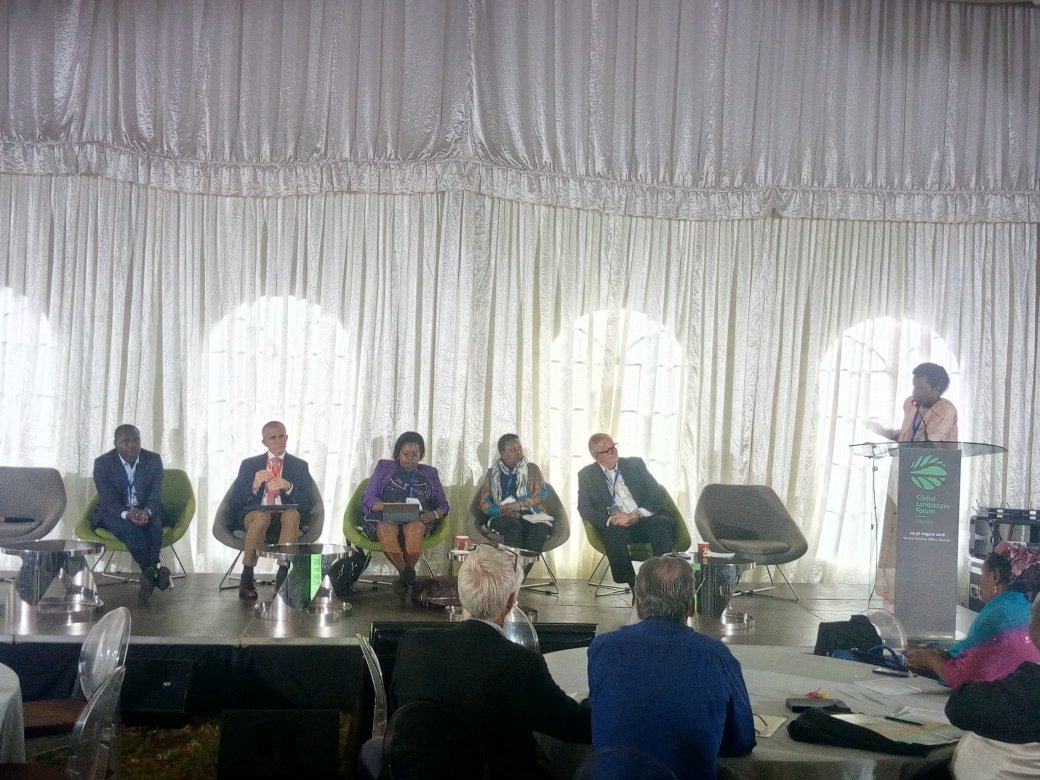
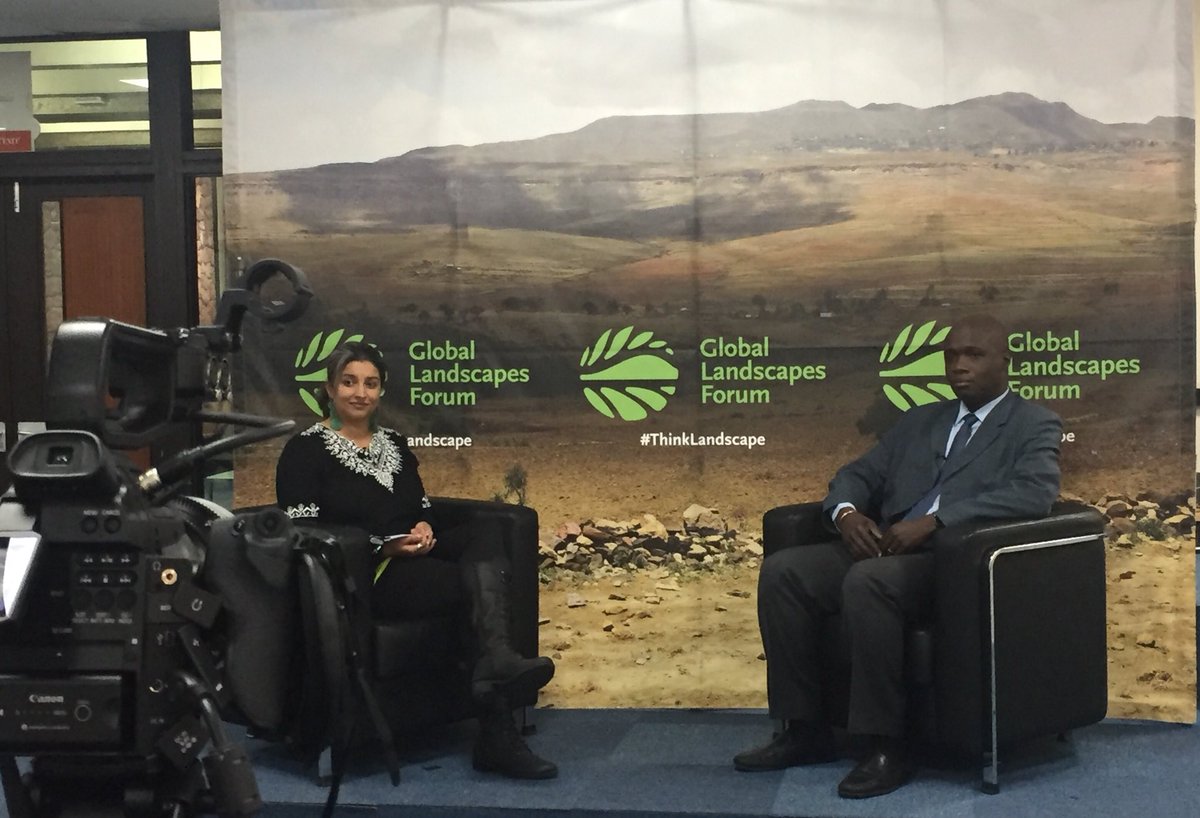




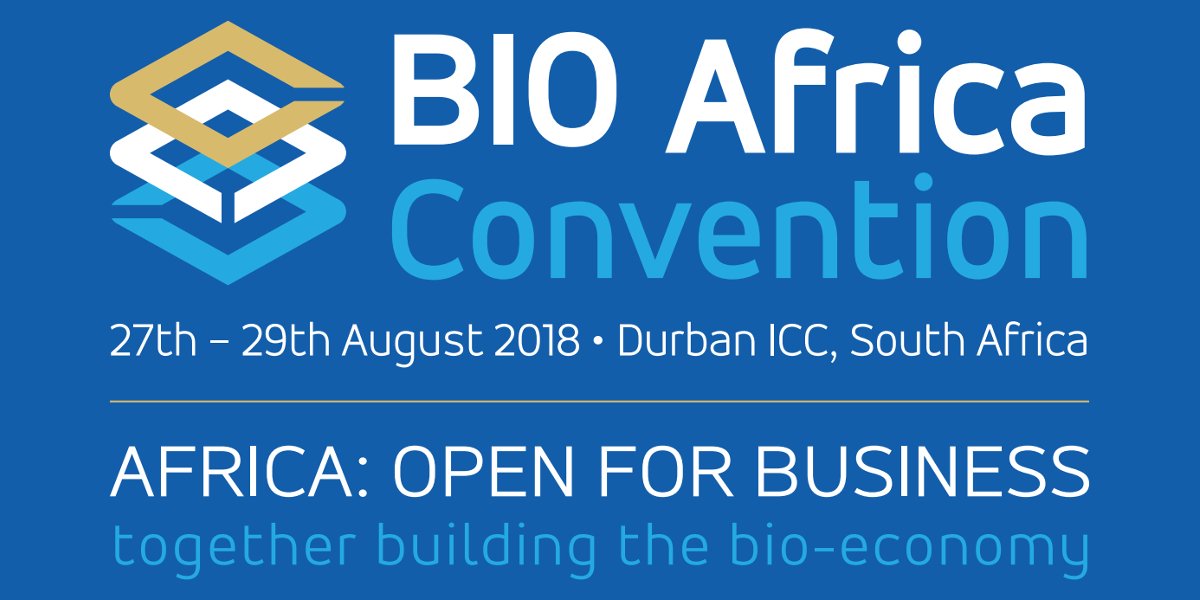

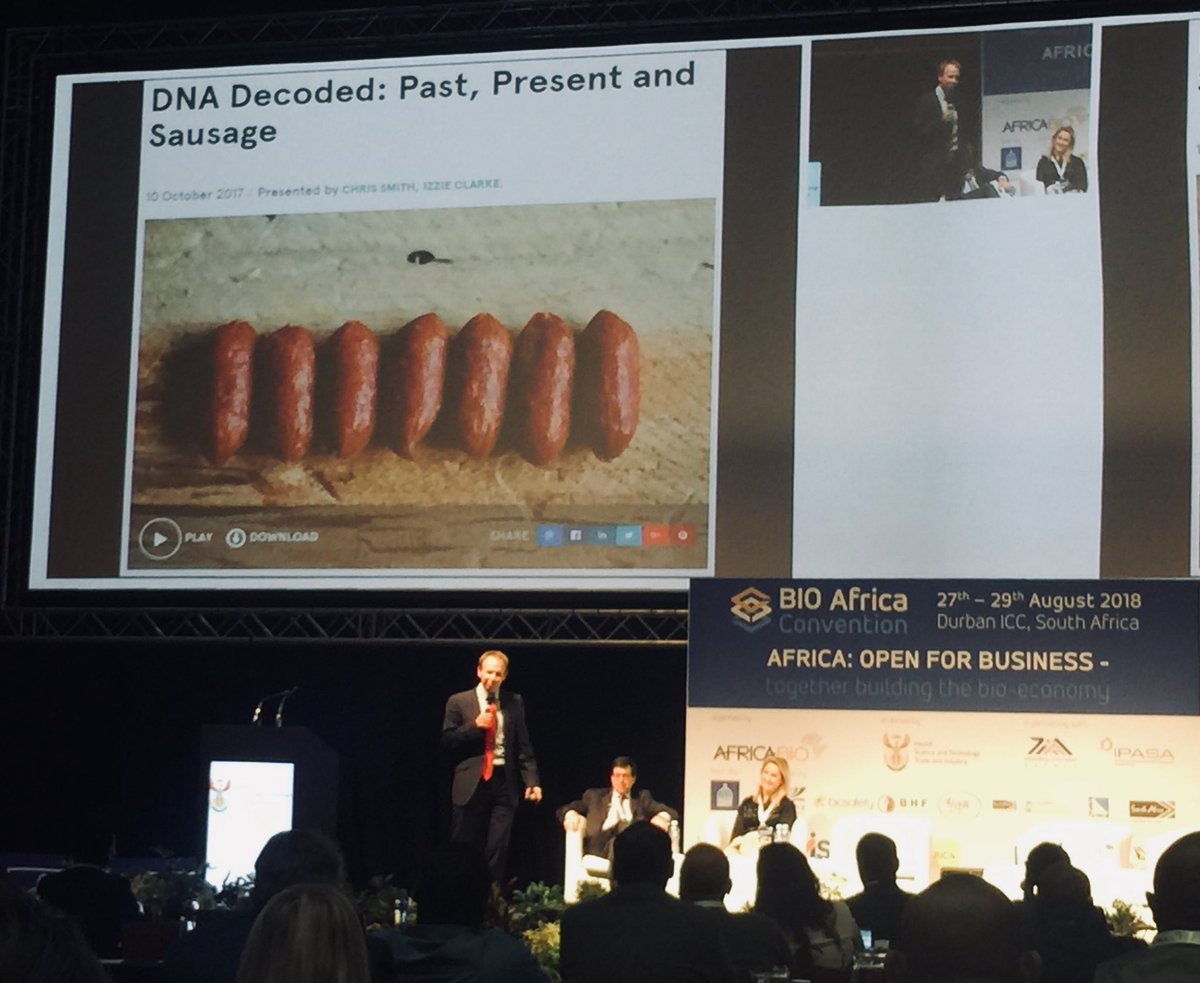
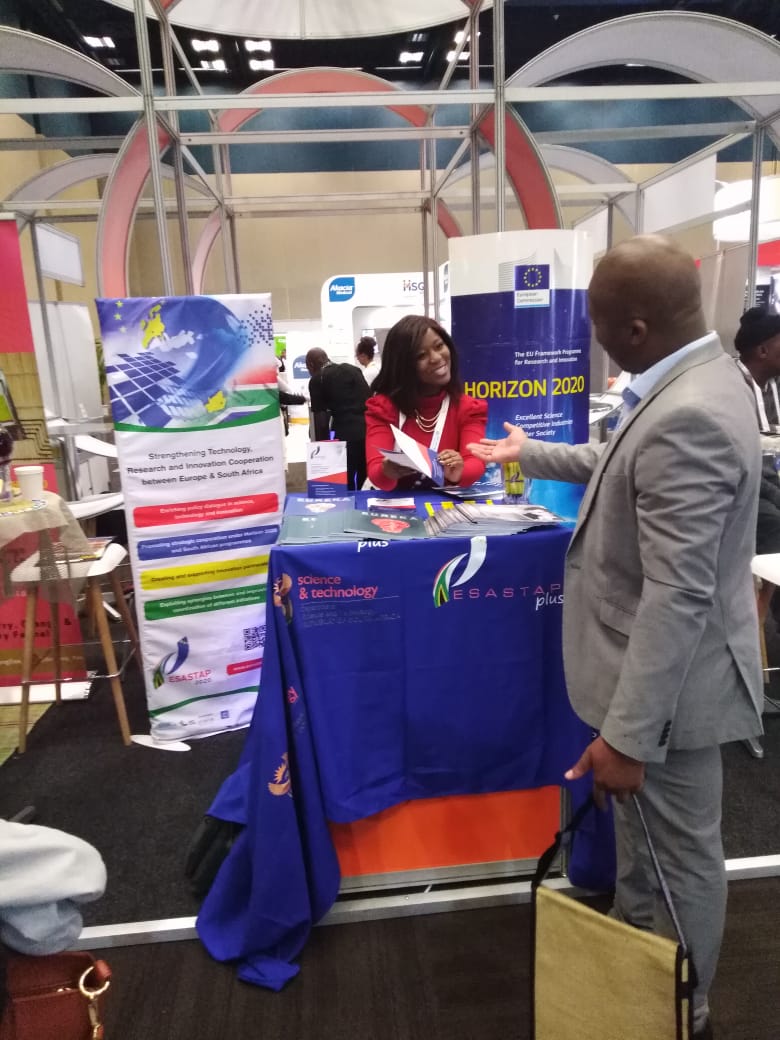

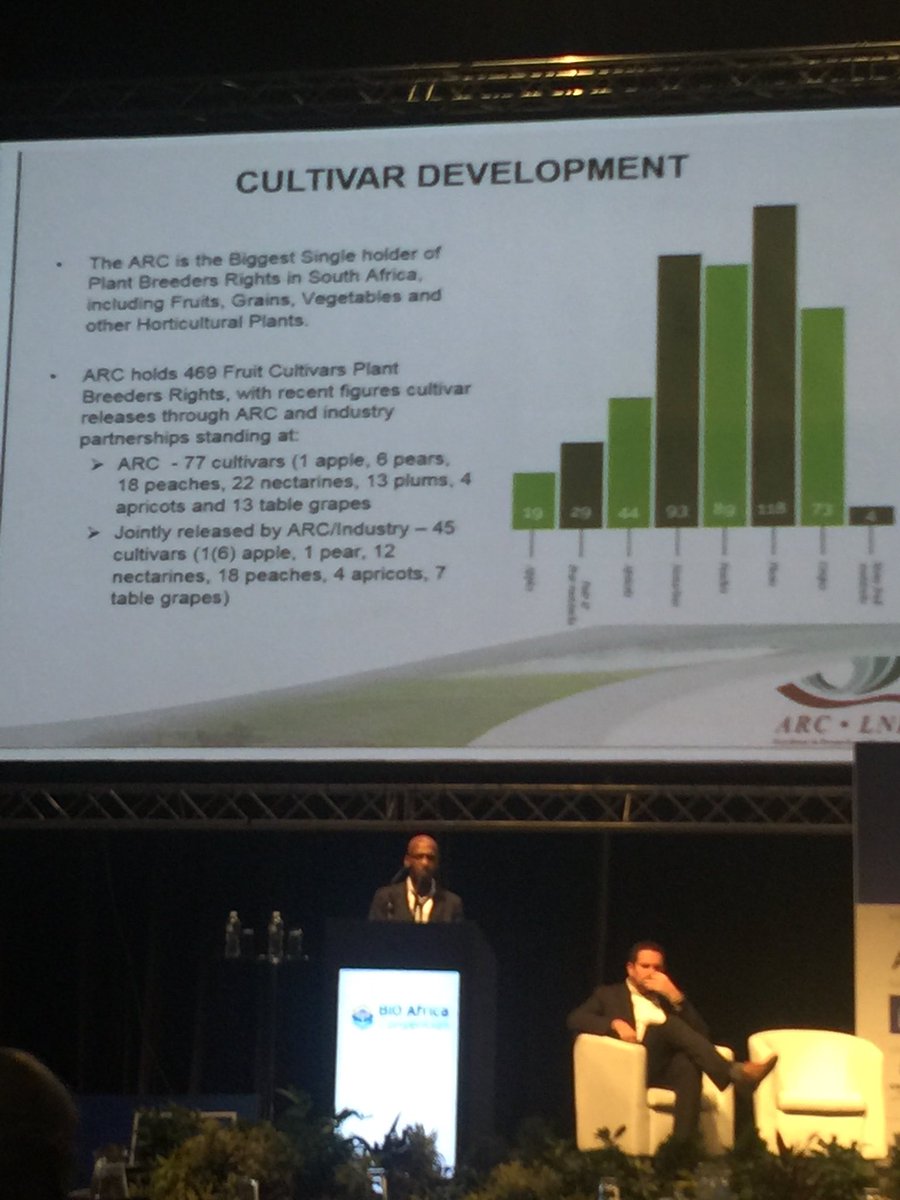
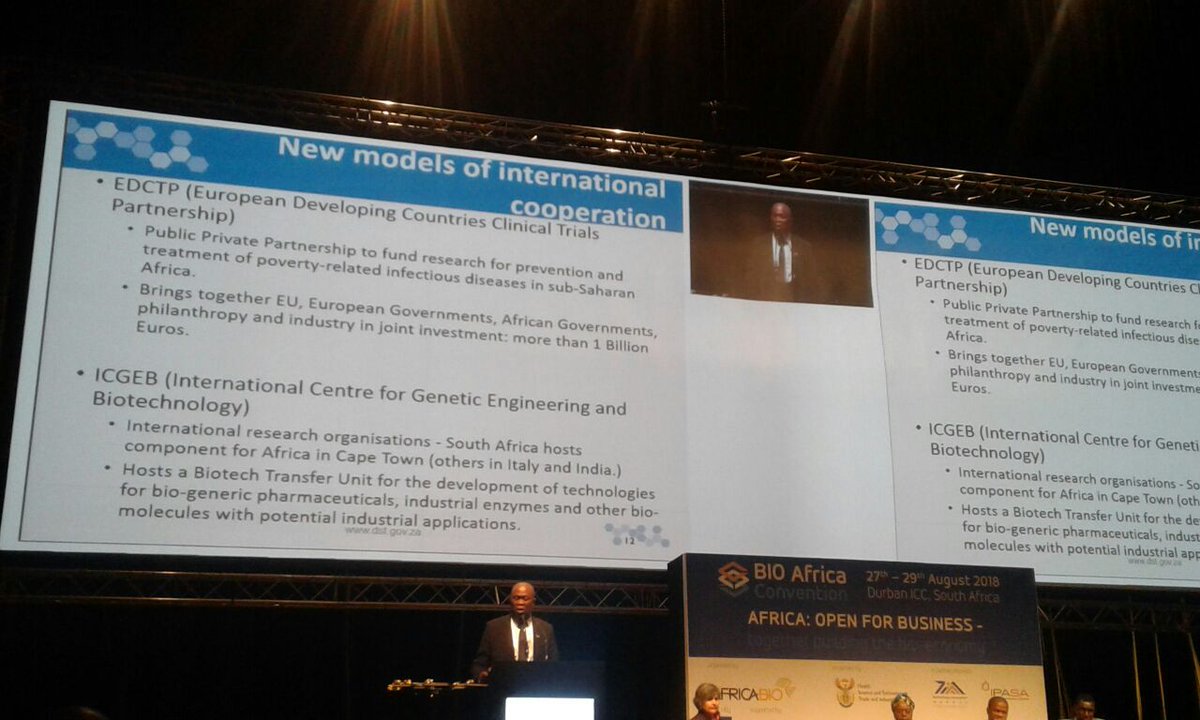
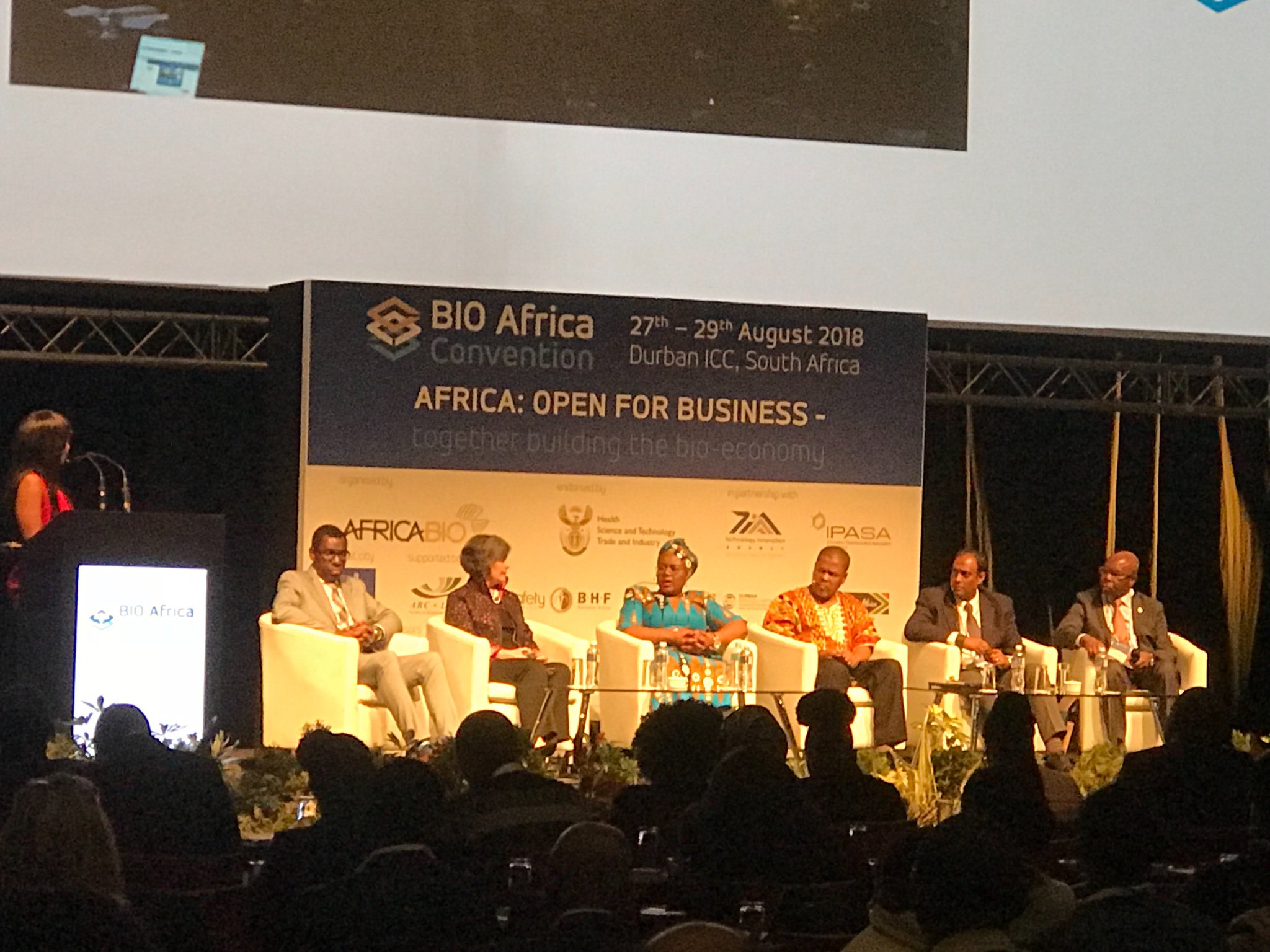




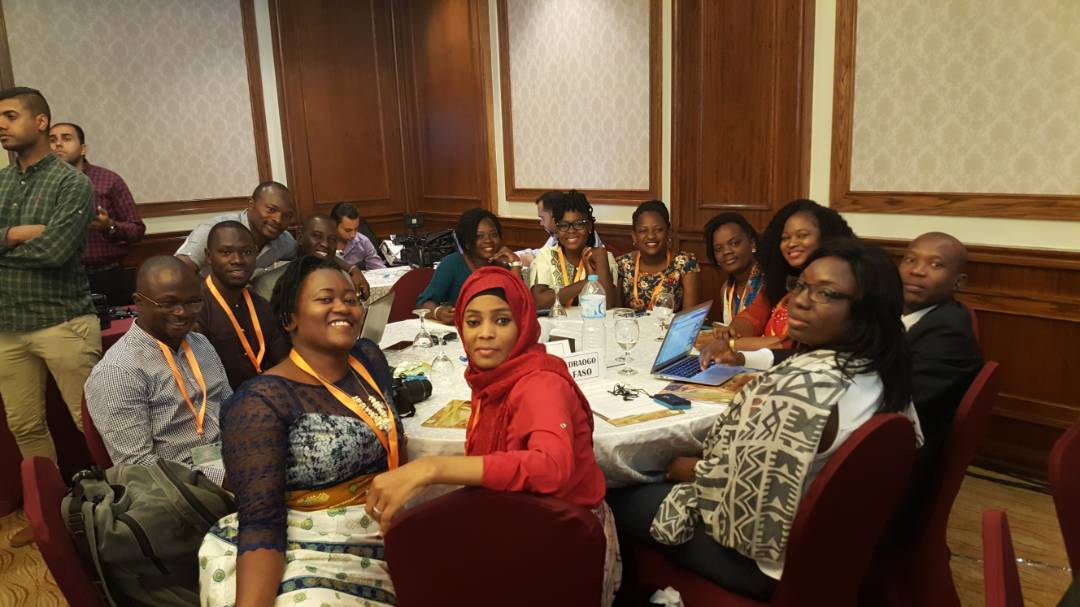
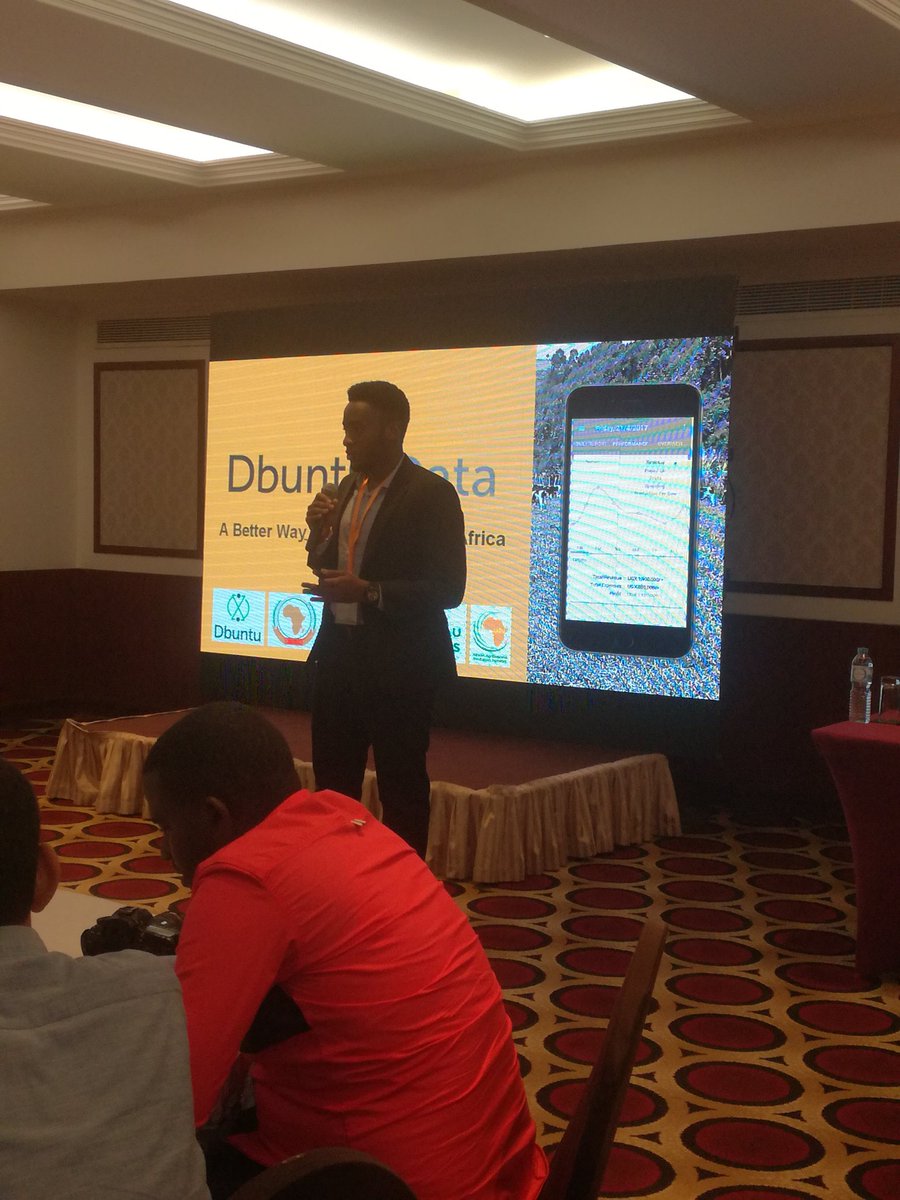
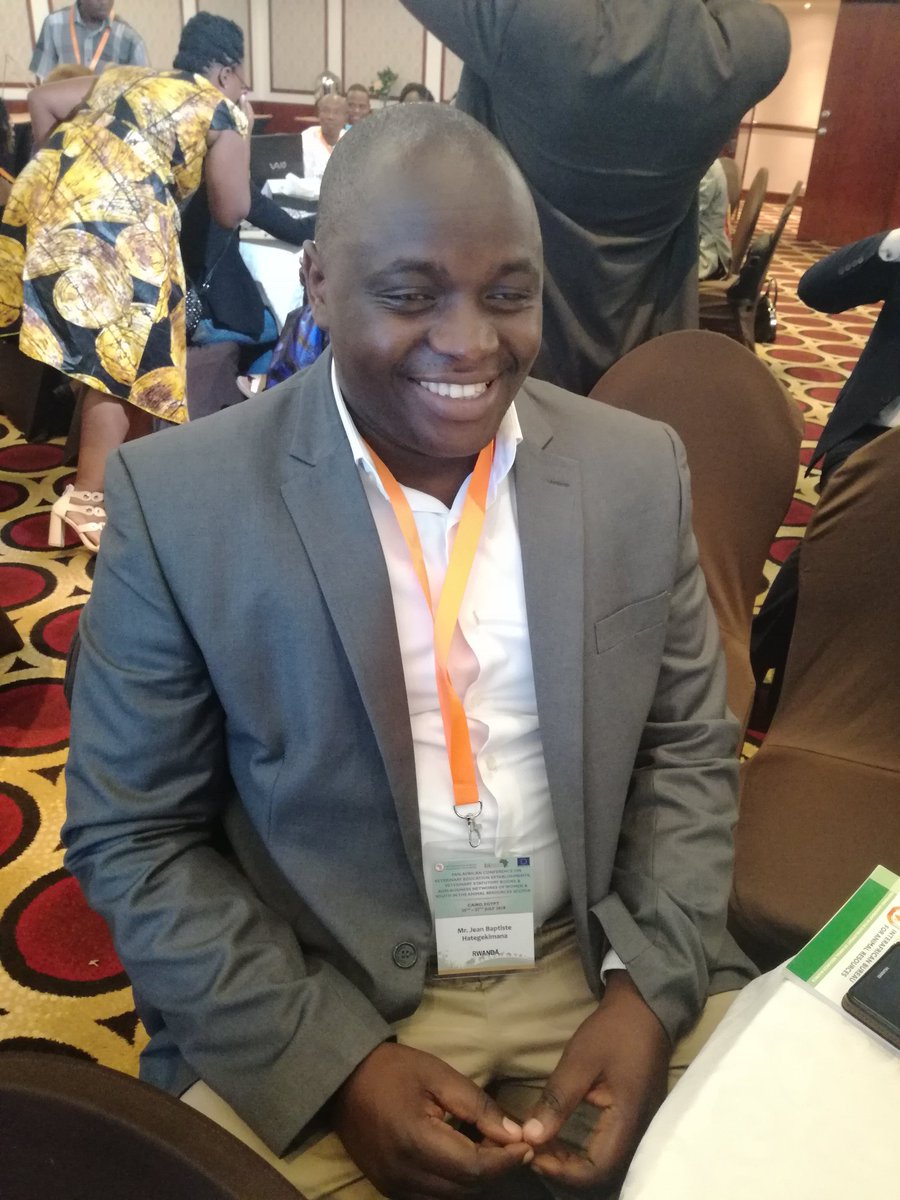

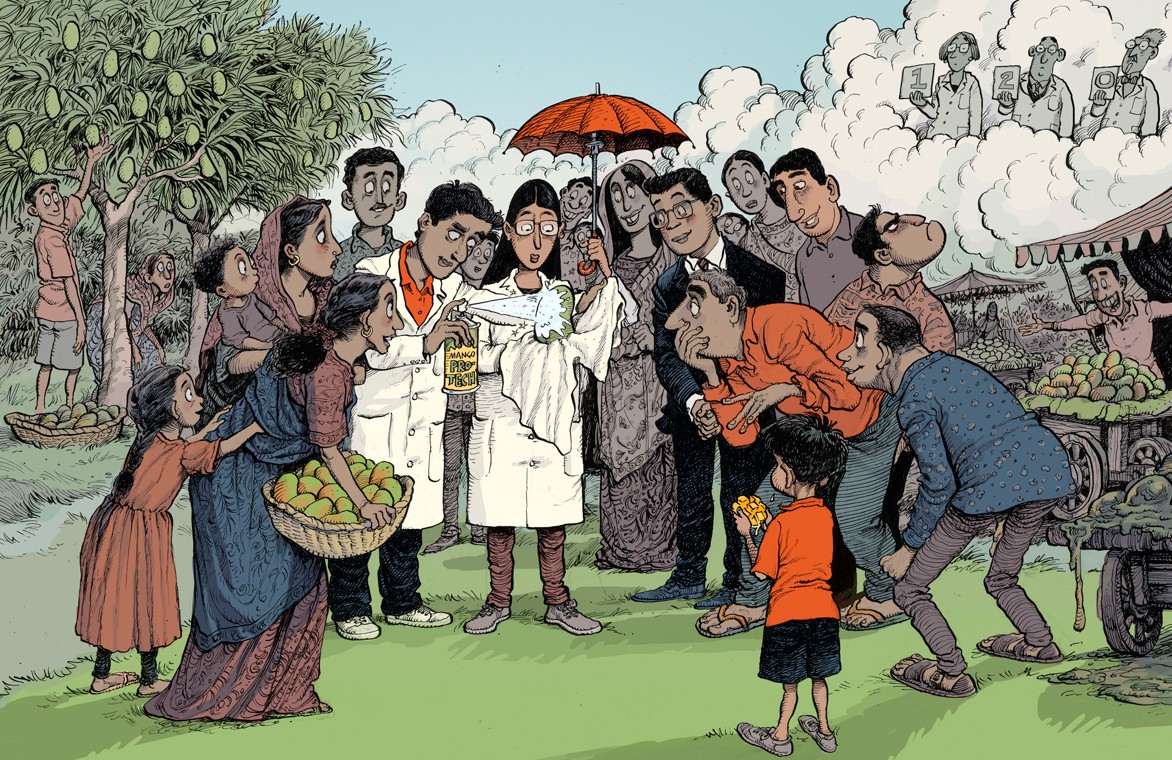
 Research Quality Plus: A Holistic Approach to Evaluating Research
Research Quality Plus: A Holistic Approach to Evaluating Research

